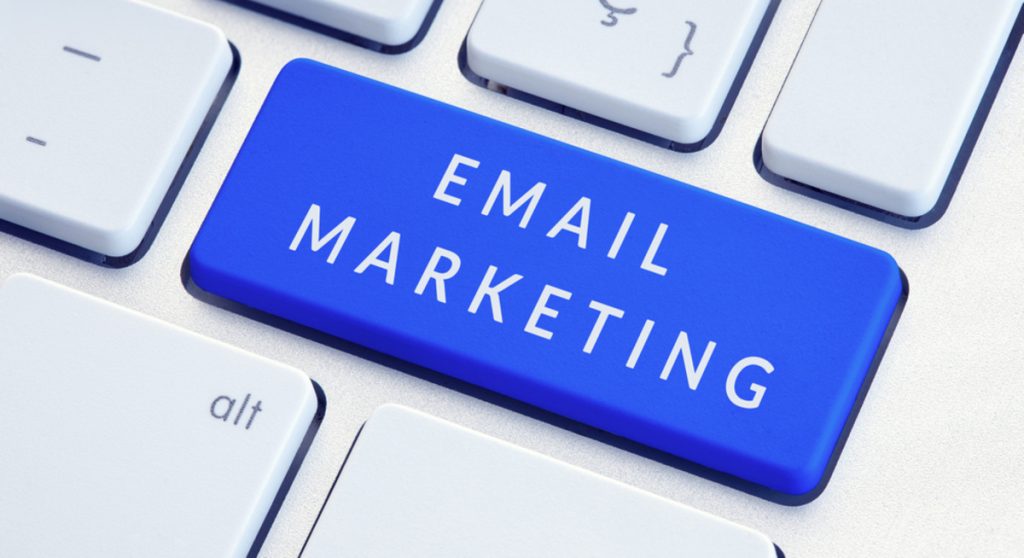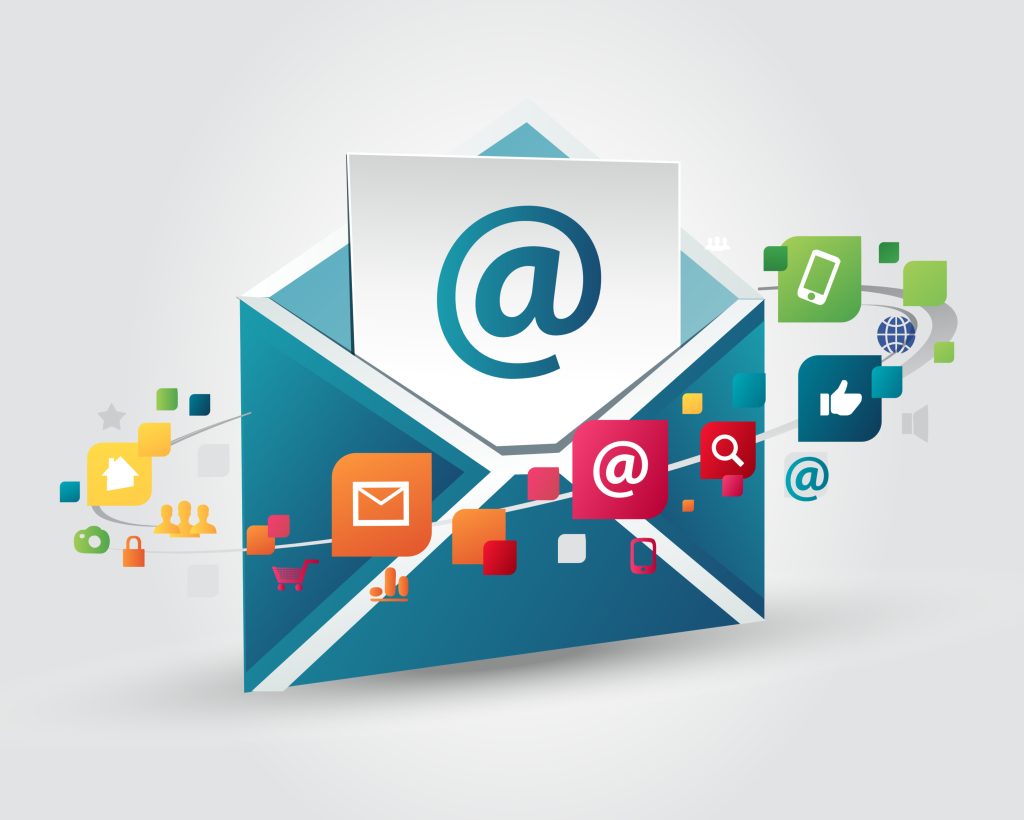Email marketing is one of the most cost-effective and impactful ways for small businesses to engage with their audience and drive growth. By leveraging powerful tools like SMTP and understanding the nuances of crafting personalized campaigns, businesses can build lasting customer relationships and achieve a higher return on investment. In this guide, we’ll explore actionable strategies and best practices for email marketing tailored specifically to small businesses.
SMTP and Email Marketing: The Backbone of Your Campaigns
When it comes to email marketing, SMTP (Simple Mail Transfer Protocol) serves as the reliable engine that delivers your messages to your audience. By choosing a dependable SMTP server, small businesses can ensure their emails reach inboxes without fail, avoiding spam filters and delivery errors. A well-optimized SMTP setup is the foundation for successful campaigns, ensuring seamless communication with your audience.
Essential Email Marketing Strategies for Small Businesses
- Crafting Engaging Content
- Focus on creating value-driven, engaging content that aligns with your brand’s messaging.
- Use storytelling to resonate with your audience and highlight your unique selling points.
- Personalized Campaigns
- Utilize data from your email list to segment subscribers based on demographics, preferences, and behaviors.
- Personalize subject lines, greetings, and offers to increase open and click-through rates.
- Building Brand Awareness
- Consistently showcase your brand’s values and mission through visually appealing and cohesive emails.
- Use promotional and educational emails to position your business as a trusted expert in your industry.

Benefits of Email Marketing for Small Businesses
- Customer Retention: Personalized email campaigns nurture relationships and encourage repeat purchases.
- Cost-Effectiveness: Email marketing is budget-friendly, offering significant ROI compared to other marketing channels.
- Actionable Insights: Tools integrated with your SMTP service provide key metrics like open rates, bounce rates, and conversions, enabling data-driven decisions.
The Dos and Don’ts of Email Marketing for Small Businesses
Dos
- Leverage a Reliable SMTP Service: Ensure consistent email delivery to your subscribers’ inboxes.
- Optimize Email Subject Lines: Craft concise and attention-grabbing subject lines to boost open rates.
- Segment Your Audience: Divide your email list into smaller groups based on customer behavior and preferences.
- Encourage Engagement: Include clear CTAs (Call-to-Actions) that guide your audience to take the desired action.
Don’ts
- Avoid Overloading Your Audience: Bombarding your audience with too many emails can lead to unsubscriptions.
- Steer Clear of Generic Content: Sending irrelevant or generalized emails can reduce engagement.
- Neglect Analytics: Regularly monitor email metrics to identify what’s working and what needs improvement.
Building Long-Term Customer Relationships Through Email Marketing
Effective email marketing goes beyond promotions—it fosters trust and loyalty. Segmenting your audience ensures each subscriber receives messages tailored to their journey, from initial awareness to advocacy. Whether it’s through upselling opportunities, exclusive offers, or personalized recommendations, email marketing remains one of the most powerful tools to build lasting customer relationships.

Read more:
- Personalize your Email Marketing with Behavioral Targeting
- 10 email marketing case studies to inspire your success
- The 4 Types of Email – What You Need to Know
For small businesses, the right email marketing strategy—powered by a reliable SMTP setup—can transform customer engagement and drive measurable results. From personalized campaigns to actionable insights, email marketing empowers businesses to connect meaningfully with their audience and grow their brand. Ready to take your email marketing to the next level? Start today with these proven strategies, and watch your business thrive!